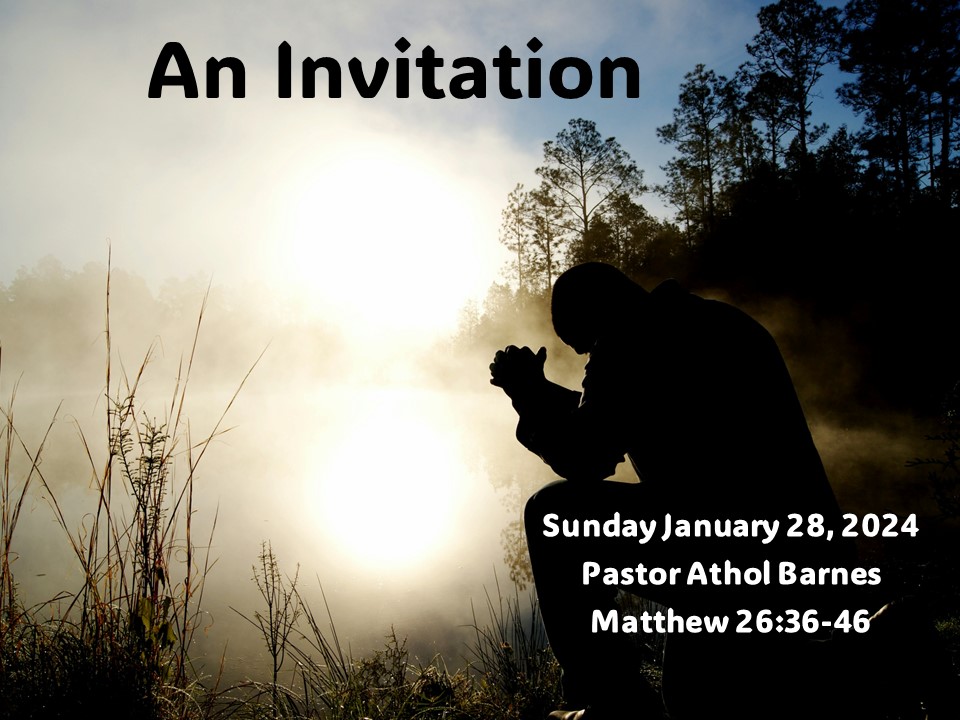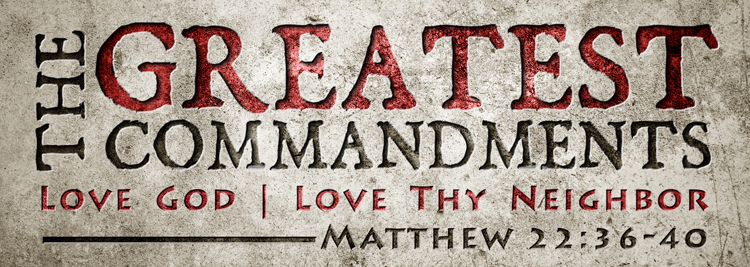
In this day, when there is so much attacking the truth and the enemy is ravaging families inside and outside the church, we need to get serious about prayer. It is our primary source of power. It is an invitation from the Lord.
We have an invitation from the Lord to come into His presence. He invites us to bring our praise, thanksgiving, confession, and petition before the throne of the Almighty God.
Jesus’s Prayer
The night before his crucifixion, Jesus led the disciples to a familiar place, the garden of Gethsemane on the Mount of Olives. Jesus invited his disciples to pray with him. This was the most significant and powerful time of prayer in all human history.
Jesus knew that he needed to pray. He was about to be arrested and sent to the cross, and he knew that this was the hour for which he came to the earth. This was the reason God became a man. He also knew that the battle had to be fought in prayer.
Jesus separated the group, leaving eight of the disciples while taking Peter, James, and John with him farther into the garden. Jesus went on even farther, but he didn’t completely separate himself from them. He wanted them to be with him (see Matthew 26:38). He was about to experience great agony, but he didn’t intend to hide it from them. He invited them because he wanted them to participate with him in what he was about to take placeWe cannot fathom the agony that Jesus endured in that prayer time in the garden.
Although Jesus knew he would face a painful and slow death, this was not the cause of his greatest agony. He did not fear death; rather he was about to “drink the cup” of the wrath of his Father. Jesus would not only die for us, but he would also actually become sin, bearing our sins in his body (see 1 Peter 2:24 and 2 Corinthians 5:21). This was the unimaginable pain that Jesus endured for us.
I have often thought about the battle that took place between the Passover celebration and the death of our savior on the cross, and I suggest that the victory was won in the garden through prayer. There in the garden, Jesus fought against every attack of Satan that might prevent him from going to the cross.
At any time, Jesus could have turned back and decided not to go through with the cross, but he prayed and submitted to the perfect will of his Father. When Jesus prayed those three times, it was done. He was committed; the final battle over death and sin had been set in motion. There was no going back.
Jesus was not wrestling with God’s will, or resisting God’s will; he was yielding to God’s will. This is the victory we have received, and it was won through the prayer of Jesus.
An Invitation to Pray
Each time Jesus came back to the three disciples, he found them sleeping. In Matthew 26:40 we read, “And he came to the disciples and found them sleeping. And he said to Peter, “So, could you not watch with me one hour?”
What an indictment. Today, Jesus is interceding for us at the right hand of the Father. He is praying for us, and his words might still be, “Could you not watch with me one hour?”
But Jesus didn’t simply say, “could you not stay awake for one hour.” Notice verse 41, “Watch and pray that you may not enter into temptation. The spirit indeed is willing, but the flesh is weak.”
Jesus says to his disciples and to us, “Watch and pray that you may not enter into temptation”. By allowing them to witness his agony as he submitted to the Father through prayer, he was teaching them a valuable lesson about prayer. And he was inviting them to follow his example.
When we struggle with temptation, there are several things we can do, but the most powerful thing that we can do is to pray. We can go before the Lord and ask for help in our time of weakness just as Jesus did in his.
What is Prayer, and Why Pray?
Some say prayer moves the heart of God. Some say prayer changes our heart and aligns our heart with God’s purposes. Some say prayer can make God change His mind.
We can discuss the theology and practice of prayer, but the bottom line is three simple words: Prayer Changes Things (see James 5:16b).
Not many people know how a microwave works, yet we all use one daily. It’s the same with prayer. We will never know this side of heaven how prayer really works, but it is powerful and effective.
Don’t stop praying, because you don’t know how it works or you don’t see results.
Jesus went back three times to pray. In verse 44, we read that Jesus “prayed the same words”. Jesus repeated his prayer.
If the Lord does not answer your prayer immediately, don’t give up; keep praying—even, repeating the same words. God doesn’t tire from hearing His children. Remember, He invites us to His throne of grace.
Before Pentecost, the people would have to go to a priest, and he would speak to God on their behalf. But everything changed when Jesus died. We read in Matthew 27: 50-51 that the veil in the temple was torn by God Himself.
The veil in the temple was a very thick piece of woven material, up to 6” thick, which separated the common man from the Holy of Holies, the place where God’s presence dwelled. This veil is what kept people out.
By tearing the veil, God was declaring that people could now enter into His presence. We can stand before God and present our requests to Him personally, covered by the righteousness of Christ. What an incredible privilege!
And yet, we don’t pray. If we are honest, we treat prayer as if it is an added extra rather than life and breath to our souls as we commune with our God..
Why Corporate Prayer?
Why is it important to pray together? The early church was all about corporate prayer (see Acts 2:42, Acts 12:12–17 and Acts 13:1–3).
Every significant move of God throughout history has been precipitated by focused, corporate prayer. There are many records of revivals as a result of prayer throughout the history of the church. There is power in corporate prayer.
Do not hear this as an obligation in which I am saying, “You ought to pray more.” Rather, hear it as an invitation. An invitation to spend time with the one who overcame death in order for us to be able to pray.
Jesus invited his disciples to come and pray with him, and he is still inviting us today. Will you join him?




